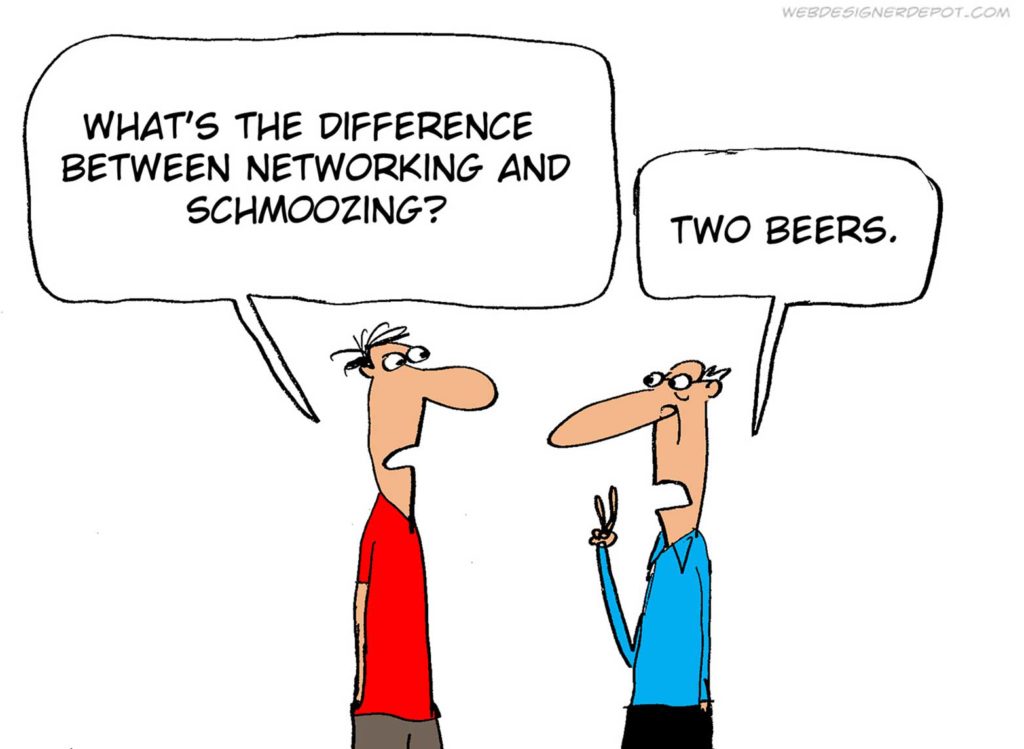This week I am finishing up the 3-part series on How to Hunt Rare Bourbons based on an article in Whisky Advocate by Fred Minnick about finding rare Bourbons.
To subscribe and read the article in its entirety go here.
Today we will hit on Minnick's third, fourth and fifth rule of Bourbon hunting. (Go here to see rule 2.)
Do Your Diligence
Minnick says the best "bourbon hunters stalk the brand, study the pre-release bottle count, and proactively reserve a bottle before a liquor store may even know about it" and they "act on the release announcements "before the major reviews hit newsstands or blogs." They touch base with liquor stores before everybody else and reserve a bottle.
And the most successful do not lean on cold calls. Instead, they go to the same store over and over and show they are loyal customers.
Work with Your Guide
He advises "if you only want rare releases, your best bet is to enter a lottery, because non-lottery stores are rewarding loyal customers." And Minnick explains that "being a good customer isn't always enough." "Good bourbon hunters befriend the liquor store associates, ask about their kids, bond over sports and put them on their holiday card lists."
It is akin to the advice you might find in a book about being a good salesman or schmoozer -- the "flattery gets you everywhere" strategy. But this doesn't always work as we've all probably learned before. Some people can take this as insincerity or may feel like you are playing them, which can have the opposite effect. So be sincere and read the person. If they don't like this approach let it go.
One more idea, which I have seen work for some, is to visit liquor stores that are off-the-beaten path, particularly in rural areas. Minnick, a bourbon historian, notes that "while larger markets receive most of the limited edition products, statewide distributors are keen on making sure reputable smaller-market retailers also receive allocations, a tradition that dates back to 1940s, when distillers targeted oil-field workers farmers, and the military."
Bigger stores and chains will likely use formal loyalty programs to keep up with your purchases and allocate the rare bourbons accordingly. Minnick cites Total Wine & Spirits which "uses a program similar to a grocery store where loyalty is based on shopping frequency and how much you spend. For every dollar, you earn roughly ten points as a Grand Reserve Member to get a shot at rare whiskey." But he also says that some states prohibit these kinds of systems and coupons for alcohol, including bourbon's home state Kentucky.
Hunt for Sustenance -- Not Sport
Minnick notes that at the end of the day "many retailers are bourbon lovers" and "prefer to see whiskey go to people who will enjoy it, rather than flip it for a profit." Some even require rare bourbon buyers "to break the seal of rare bottles" so it cannot be sold again.
Takeaway
In the end, rare bourbon hunting is more about the hunt and the appreciation of rare bourbons -- than selling or profiting. Sure every once in a while, you may have to cull and add other bourbons to your collection. There's no harm in making a little dough for your time and effort, but make it the exception, not the rule.
Instead, get deeply interested in the subject, pick the brains of fellow bourbon lovers and your local liquor store associates to learn as much as you can about fine bourbon and rare releases (not to schmooze), and have a helluva a time on your bourbon journey.
Godspeed and Happy Hunting!
